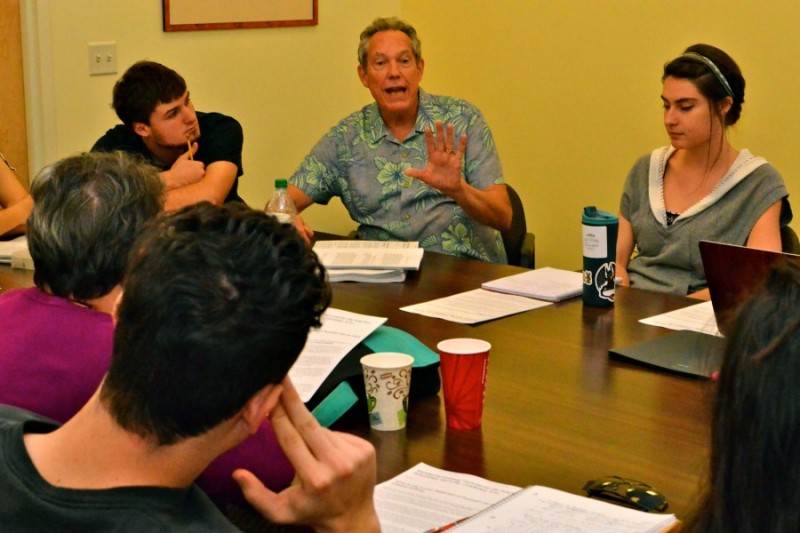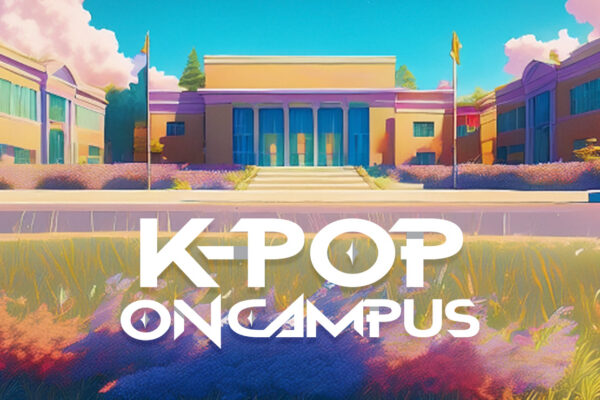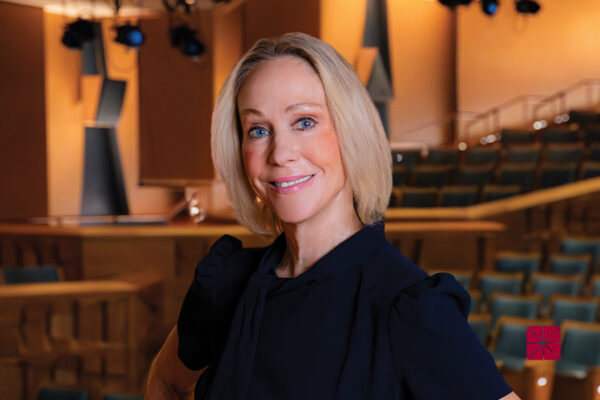Summer is job-search time – not just for graduates seeking to launch careers, or undergrads out to amass experience during Interterm, but for everyone whose ambitions outstrip their current position.
And in most cases these days, those job seekers are diving into a crowded pool of applicants, which means their searches need to be strong and sophisticated, say Chapman University employment counselors.
“There is intense competition for all levels of jobs,” notes Sahzeah Babylon ’03, career educator in the Chapman Career Development Center. “So there is an intense need for job seekers to find ways to stand out.”
The average job opening gets 50 to 200 applicants, Babylon says. And the most desirable positions? Well, sometimes the interest is off the charts. She tells of Chapman student Monica Tosunidis ’18, who sought an internship with Lionsgate entertainment and found herself up against 22,000 other applicants. Three hundred resumes were considered and four applicants interviewed. Tosunidis got the job.

Career development counselor Sahzeah Babylon ’03, above, and Professor James Blaylock, top, agree that perseverance pays for those seeking work in this challenging job market.
“It’s not a surprise,” Babylon says. “She did everything right.”
So how does an applicant stand out from the crowd in such a competitive environment? We asked those Chapman experts to share some suggestions.
Be Relentless
A half-hearted effort is not going to even get you in the door, Babylon says. Don’t just apply and wait for a call; do research on websites such as
glassdoor.com
, where current and former employees offer insights about companies. Take time every day to hone interview skills. And reach out to establish rapport with current employees and executives – a practice Babylon calls “healthy stalking.”
“By that I mean follow the CEO or the company on social media, and connect with the HR staffers on LinkedIn,” she says. “The rewards can be great when you go the extra mile.”
Tosunidis’ connections went all the way to the CEO, who reviewed her resume and made a recommendation to HR. Because of her research and rehearsal, when the company called at 12:43 and asked her to find a quiet place because they wanted to interview her over the phone at 12:45, she was ready.
“She took ‘healthy stalking’ to a new level,” Babylon says.
Develop Resilience
As the author of 14 novels and scores of articles and essays, Professor James Blaylock knows a thing or two about success. But early in his career, he endured plenty of negative response to his work – an admission he recently made to Chapman students in creative fields during a job-search seminar he co-presented with
Department of English
colleague Tom Zoellner.
“You will have a finite number of rejection slips in your life, so you might as well start collecting them now,” Blaylock says. “That rejection can help you develop a really tough hide. You should view it as part of the process.”
Getting told that you’re not good enough can be powerful motivation to work harder and get better, he adds. And what applies to creative writing also translates to career development.
“I ran into a woman recently who sold a novel on her ninth try,” Blaylock says. “How much perseverance does it take to write eight failed novels and then write a ninth? Well, now she’s a published writer. I recommend perseverance.”
Partner Up
“Isolation is your enemy,” says Gene Rhee, director of the Career Services Center at Chapman’s Argyros School of Business and Economics. The Center opened its doors in March, offering career coaching, resume-writing advice and state-of-the-art interview rooms where job-seekers can hone their skills. But Rhee advises against spending too much solo time in those rooms – or anywhere else.
“When you do hit those lows, it pays to have someone who can pick you up and who will share ideas and listen to yours,” Rhee says. “You’re not in this alone.”
That partner can also help a job seeker develop a compelling story. Having a strong personal narrative and learning to tell it well leads to a fruitful job search, Rhee says. He cites the example of student he first started working with as a sophomore and who recently landed his dream job with the management consulting firm Accenture.
“He really networked hard,” Rhee says. “He just didn’t stop reaching out and making connections. But here’s the thing: If he didn’t tell his story well, no one would have opened doors. He prepared and he practiced, and how the story ends is that he’s going to a top consulting firm.”
Share the Love
The job seekers Babylon sees succeed most often are those who present the best “love statement,” she says. “That’s how job seekers connect their professional skills with the love they have for the company they’re applying too,” she explains. “It’s how they demonstrate that not only are they qualified, but they understand the brand/mission/company on a level different from the competition.”
Babylon reminds students that the last thing a recruiter reads or hears is the first thing that recruiter remembers. So she tells job seekers to always close an interview or a cover letter with “an element of passion.”
“If you apply to Disneyland, they always ask what your favorite Disney movie is, or who your favorite character is,” Babylon says. “That’s why that company is so successful. They all have that connection.”
And no matter the industry, interviewers want to know that you care about more than a paycheck.
“Your love statement says, ‘I’m a fan. I understand who your audience is, because I am your audience,’” Babylon adds. “That personal investment means a lot.”





This really is great information for the person that is looking for a job. Something that really stands out is that you mentioned to make sure to be relentless. Hopefully that will be something that helps those who are not able to understand why they are not getting jobs. I personally love that detail alone, and just think that being aggressive to a certain degree will be able to at least get you in the door as you put it. Thank you for sharing.
http://www.zenexpartners.com/job-seekers/